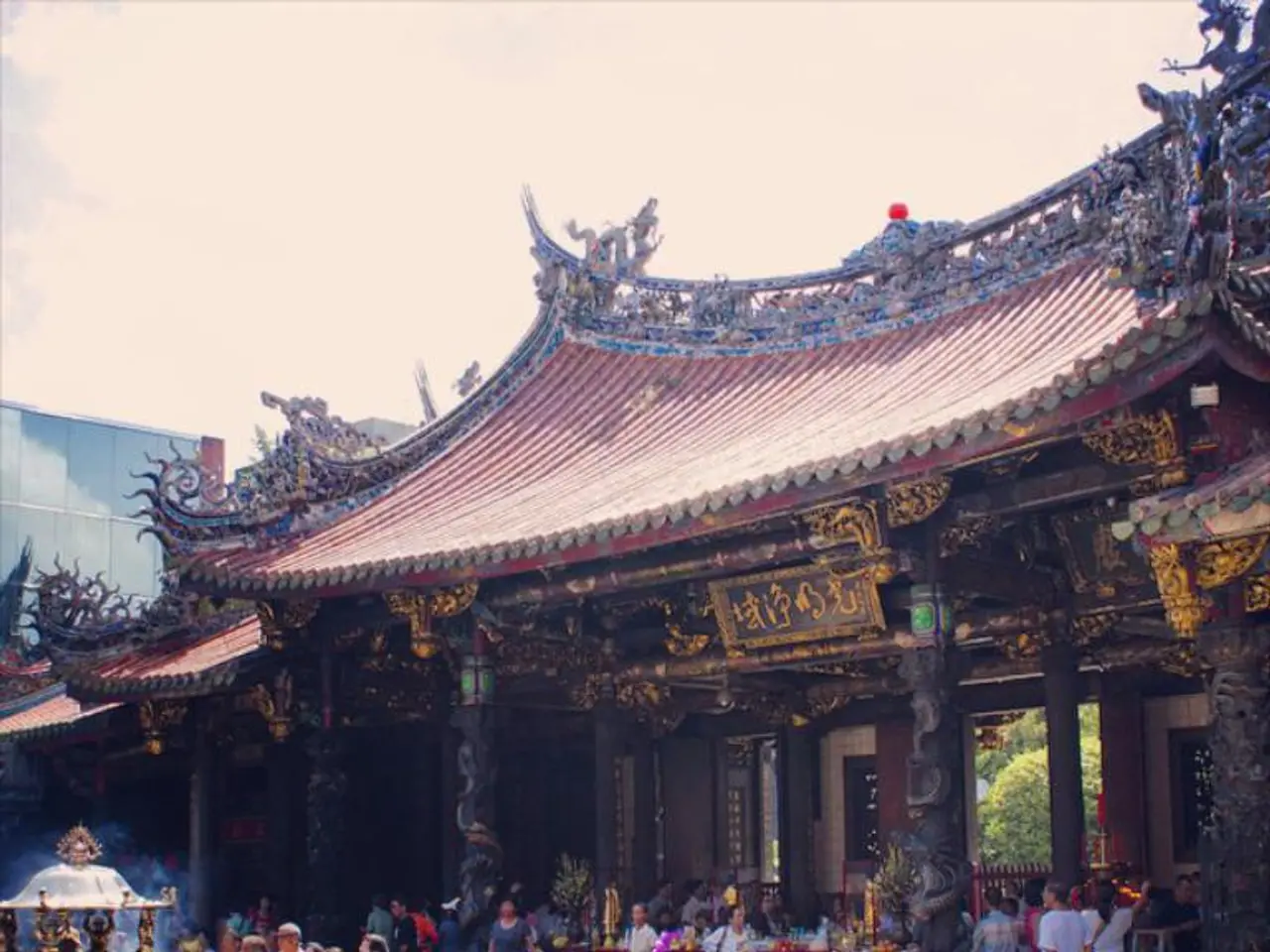August inflation in Japan moderates, escalating rice costs abate
In a significant political development, Prime Minister Shigeru Ishiba announced his resignation after his coalition lost its majority in the Japanese parliament. This political shift comes at a time when the economy is navigating through a complex web of challenges and opportunities.
The economy, despite initial fears, appears to be holding up relatively well against the US tariffs, according to recent readings. The auto industry, which accounts for about a third of Japan's exports to the United States, has been suffering under a 27.5 percent levy. However, a recent reduction in US tariffs on Japanese autos has seen the levy drop to 15 percent, offering a glimmer of hope for the struggling industry.
The reduction in tariffs, while a step in the right direction, is not expected to immediately alleviate the pain felt by Japan's industries. Exports to the United States plunged nearly 14 percent in August, and cars exports from Japan decreased by 28.4 percent in the same month.
The auto industry, which includes major firms such as Toyota and Honda, accounts for around eight percent of the country's jobs. The industry's struggles are, therefore, a significant concern for Japan's employment market.
On a brighter note, Japan's economy grew at an annualized pace of 1.0 percent in the second quarter. This growth, while modest, is a testament to the resilience of the Japanese economy.
In a move aimed at addressing one of the country's most pressing issues, Japan announced a change in its decades-old policy of encouraging farmers to grow crops other than rice. This decision comes in the wake of skyrocketing rice prices due to supply problems linked to a very hot summer in 2023 and panic-buying after a 'megaquake' warning. Rice prices surged around 100 percent in June and 90.7 percent in July, and they increased by 68.8 percent year-on-year in August.
To combat this issue, the new Minister of Agriculture appointed by former Prime Minister Shigeru Ishiba is Shinjiro Koizumi. Koizumi's task is daunting, but he is not alone in his efforts. Japanese business lobbies are hoping Tokyo will push on with fresh negotiations to address the rice issue and other trade concerns.
The implementation of the trade deal marked a win for Japan, but the battle is far from over. Economists like Taro Kimura of Bloomberg Economics and Abhijit Surya of Capital Economics warn that a pullback in inflation 'won't change the big picture.' They attribute the fall in inflation to 'a deepening of energy price deflation.'
Despite these challenges, consumer prices are expected to remain warm enough to keep the Bank of Japan on track to pare stimulus, likely as soon as October. This move, if implemented, could signal a shift in Japan's economic policy and potentially have far-reaching implications for the Japanese economy.
In this dynamic economic landscape, Japan continues to grapple with the complexities of trade negotiations, inflation, and supply chain disruptions. The road ahead is uncertain, but Japan's resilience and determination remain steadfast.








